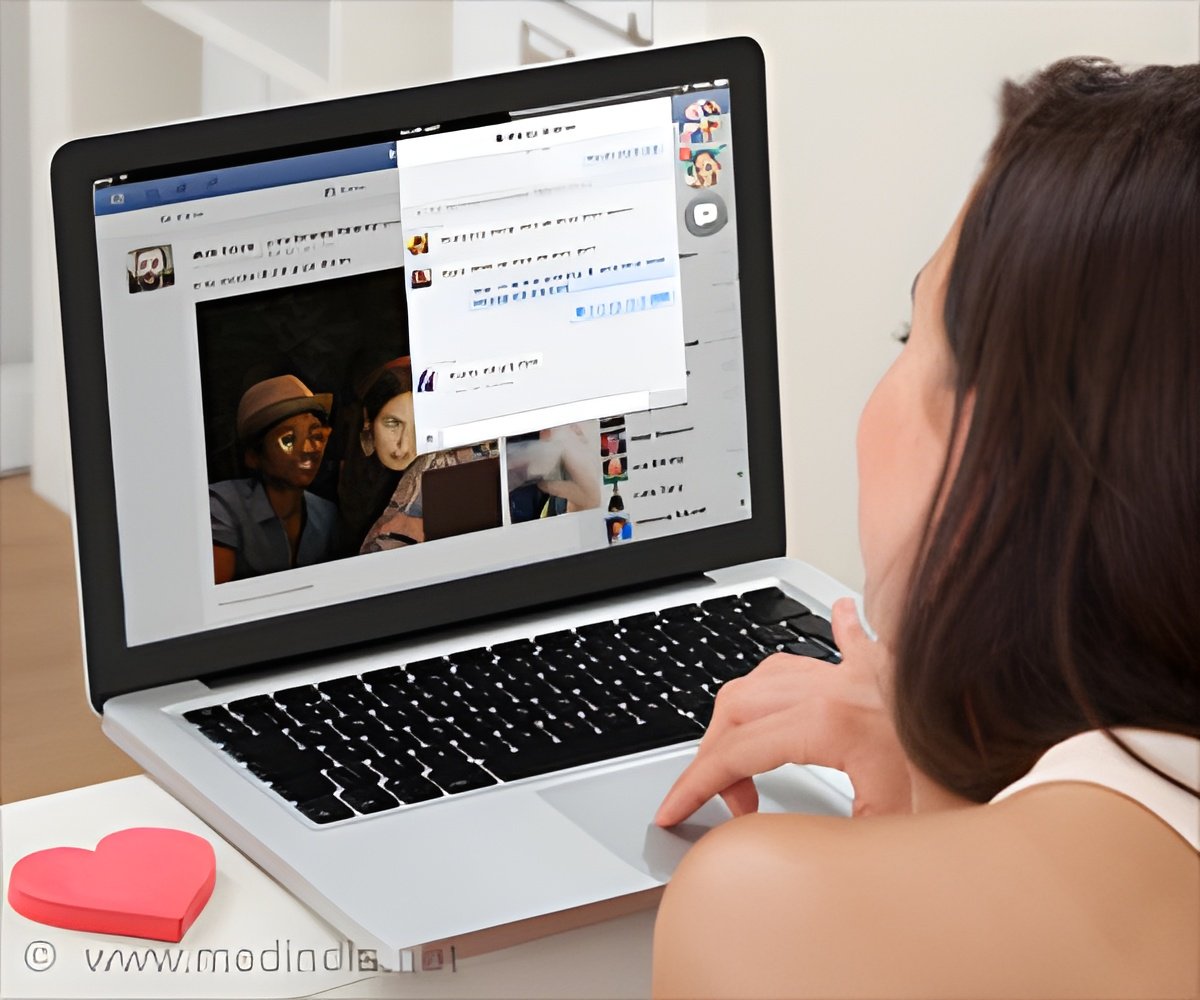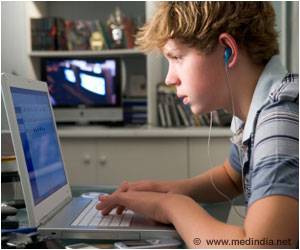Most of the people communicate less with their parents, children, partners, and friends. Social media has replaced face-to-face communication.

"Digital communication is an opportunity to bridge the gaps in our modern lives caused by living in different cities or countries. However, it cannot replace face-to-face communication -- at least not always and not completely," said Astrid Carolus, media psychologist at the University of Wurzburg in Germany.
Although social media can help ease communication channels and bridge time zones and distance barriers, it does not always make people happy.
It can strain relationships as well as leaving people feeling down and upset, as they constantly compare their lives to those of others.
The hunt for "likes" and social validation leads people to share increasing amounts of private information on social media platforms, putting not only themselves but also their friends, family and colleagues at risk.
Further, 21 percent of parents admitted that relationships with their children have been damaged as a result of them being seen in a compromising situation on social media.
Advertisement
In addition, around one-in-five (16 percent) people also said that their relationship with their spouse or partner has been damaged as a result of them being seen in a compromising situation on social media.
Advertisement
"Under certain circumstances they perceive their online communication as "hyper-personal communication" and thus they can misread and over-interpret the messages on social media. We feel especially close, we blind out the rather negative, focus on the possible positive intentions behind a message and over-interpret," Carolus noted.
Source-IANS








